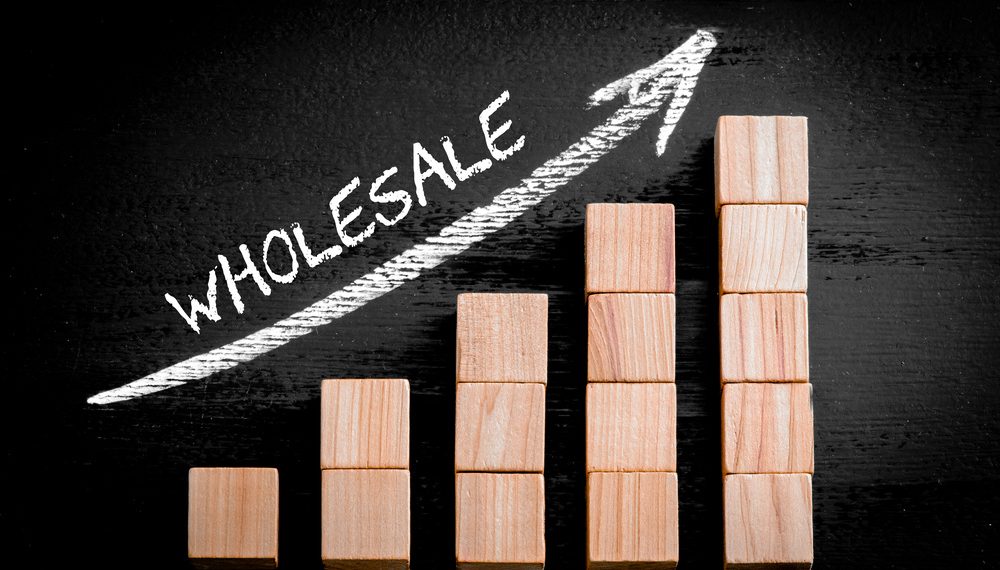The role of a wholesaler is actually pretty often misunderstood. To understand it best, it is important to think of the role that wholesalers have in the chain of supply that all products go through. A product is first created by a manufacturer, then it is sold in bulk to a wholesaler. The wholesalers job then is one of effective distribution, product expertise, and customer service, all of which combines to ensure that there is a steady supply of the products retailers need – when they need them.
By considering this process, you will notice that it is not just the wholesaler who sells products in bulk – the manufacturer also does the same thing for the wholesaler. Therefore, in this chain of supply, the manufacturer is actually a wholesaler too, just one whose responsibilities are more to do with the creation of the product rather than its distribution to outlets and, ultimately, consumers.
So, wholesaling for retail is not just the provision of bulk products, it is the distribution stage in the supply chain. Olympic Eyewear, a company specializing in wholesale sunglasses, say that what this means in practice is that a wholesaler’s job – as distinct from the manufacturer’s – is to find clients, to set up repeat orders, do a degree of B2B marketing, and to ultimately act as the bridge between the manufacturer and the retailers. It is a specific job therefore, and one that has duties beyond the simple act of wholesaling.
Why You Should Consider Wholesaling to Retailers
If you are involved in ecommerce, then it is most likely that you are conducting some kind of B2C business. This can be a very lucrative business model, but it comes with its challenges. For example, you need to reach a lot of customers and you need to build up a degree of brand identification and trust so that they will, hopefully, purchase from you again. Nonetheless, you can never rely on this, and you can be sure the purchase will not be the same every time Accordingly, the main discipline in B2C ecommerce is to cast the net as wide as possible and, through a combination of marketing and customer service, hopefully corral enough people to make for a respectable customer base. Wholesaling to retail isn’t like that.
When you score a new client as a wholesaler, it is very likely that they’re going to return, and that they are going to return for much the same thing that they came for last time. In fact, it is a sign of success in wholesaling if you can set up a regular order from a client. It shows that the product is popular, regularly sells out, and that they will require continual bulk orders from you. What you have set up here is effectively a relatively stable income stream, and all from one client. There is never any phenomenon like this observed in B2C ecommerce. You need to be constantly ahead of curve and your marketing needs to be constantly reaching new customers for a B2C enterprise to see anything like that level of continual revenue.
Last Word
Ultimately, selling wholesale to retailers has many benefits beyond this central one of creating regular and steady revenue streams from only a few clients. There is also the fact that you make more revenue from fewer transactions, there are less expenses for things like marketing and customer acquisition and there is a chance to really build brand awareness thanks to a steady presence of your products in visible spaces on retailer’s shelves or on their ecommerce sites. In a few words, the benefits of ecommerce retail all revolve around consistency, stability, and trust.


